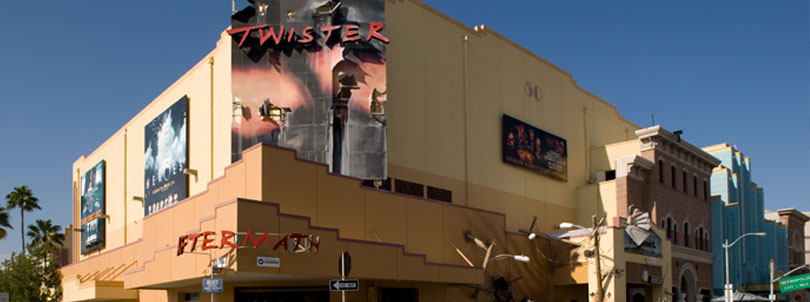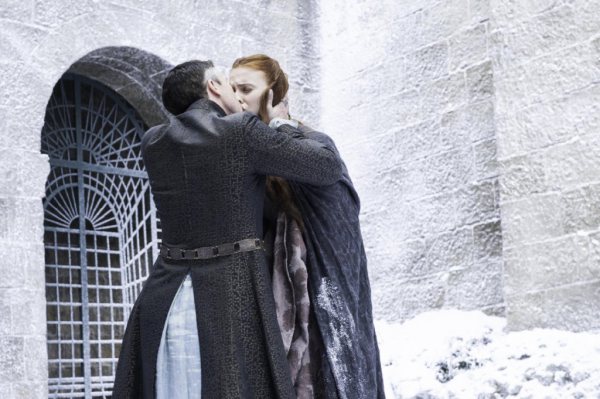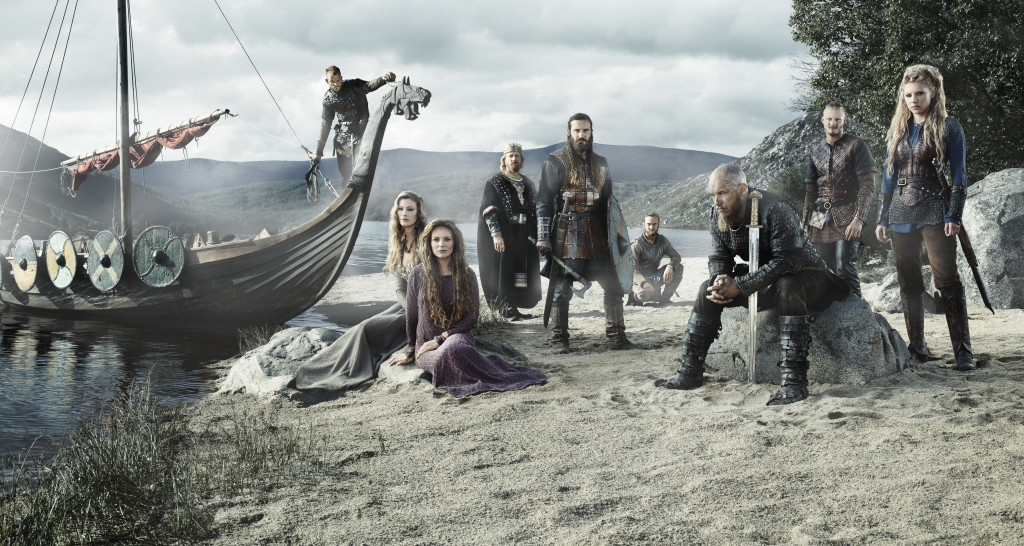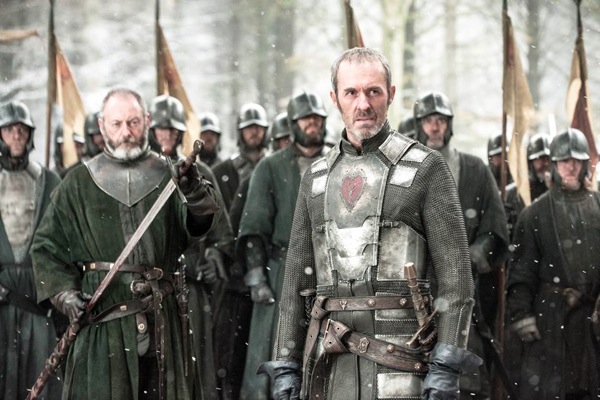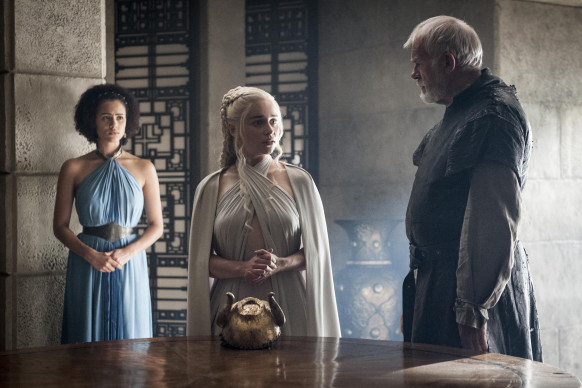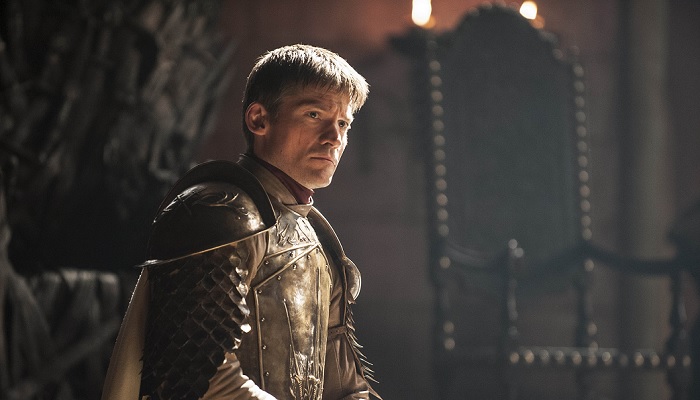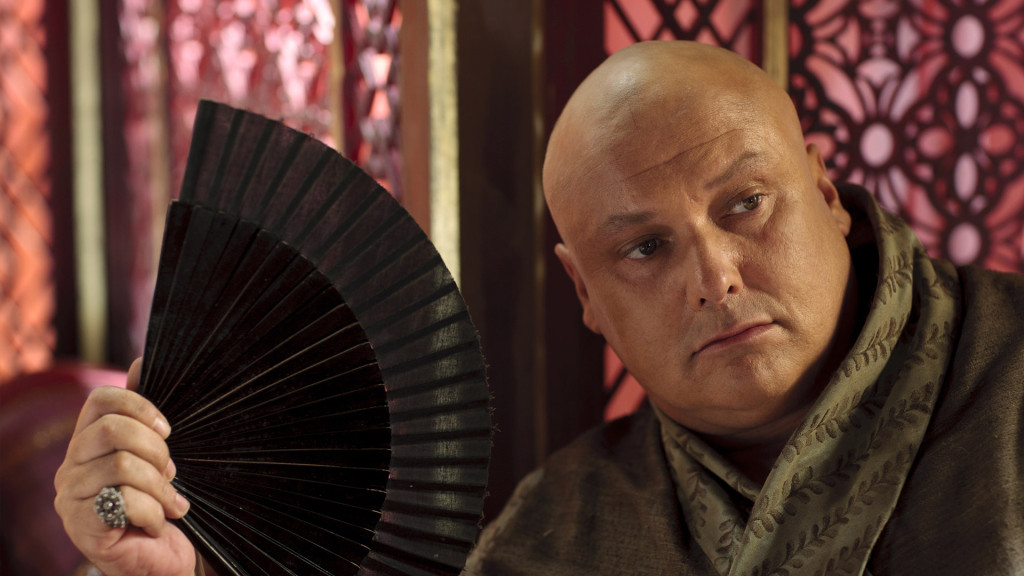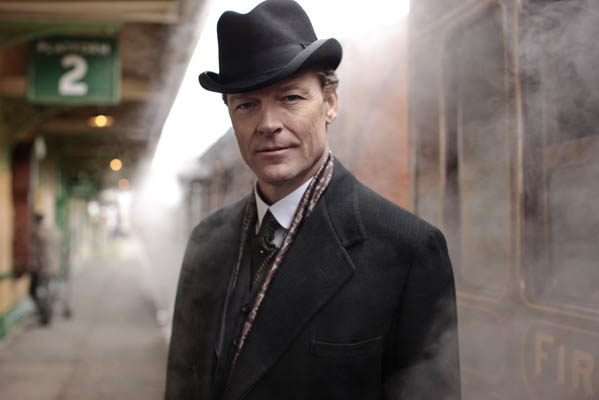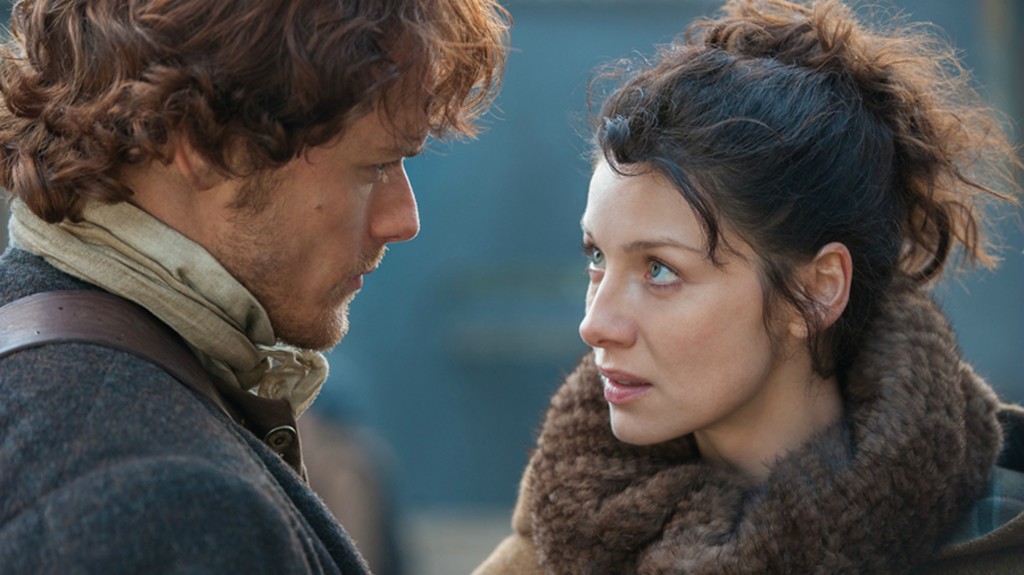Universal Orlando Must Close Twister… Ride It Out
Written by Ian Thomas Malone, Posted in Blog, Pop Culture
I visited Universal Studios Orlando back in February for the first time. Like many, my main motive was to see the Wizarding World of Harry Potter, though I was mostly just tagging along with my sister, who had a water polo tournament (I had also just finished writing a manuscript and needed some time off before promotion for A Trip Down Reality Lane begun). Being a pop culture nut, I was able to appreciate almost all of the attractions.
There was one that I didn’t particularly appreciate and it wasn’t because I hadn’t seen the movie the ride was based off. I didn’t appreciate it because it was terrible. Given the irrelevance of the source film, I suspect many feel the same way.
I am of course, talking about Twister. The blockbuster starring Bill Paxton and Helen Hunt was the second highest grossing film of 1996. It’s not too surprising that an attraction would be based off something that successful. If there was ever a ride that looked like it shouldn’t have survived the 90s, it’s Twister… Ride It Out.
Using the word “ride” is somewhat ridiculous given the nature of the attraction. It’s hardly a ride at all. The attraction consists of a brief introductory video from Paxton and Hunt informing the audience that tornados are dangerous followed by a tornado simulation that looks like the set of a Sharknado movie. Unfortunately, it doesn’t come with the laughs that Sharknado delivers.
I’m not sure what’s supposed to be thrilling about a few gushes of wind, some simulated rain, and a soaring cow with visible wires, but that’s Twister… Ride It Out for you. The only real value the introductory video has is to show children what picture quality looked like before HD as I suspect the video is still played on an old VHS tape. 90s hipsters might appreciate the ride’s retro feel, but I can’t imagine who else would.
The problem with Twister… Ride It Out is that the film carries next to no nostalgic value and Paxton and Hunt haven’t been A-List talent for about 10 years. Rides/Attractions based off of other 90s hits like T2 3-D: Battle Across Time, Revenge of the Mummy, The Amazing Adventures of Spider-Man, The Incredible Hulk Roller Coaster (both the Spider-Man and Hulk rides are based off the 90s cartoons) have either nostalgic or entertainment value to keep them relevant in the year 2015. What does Twister have?
Twister… Ride It Out is easily the park’s worst attraction. The only thing it attracts is people looking for something to do. The list of better things to do than waste your time on this boring relic can be summed out with two words. Anything else.
Twister… Ride It Out is a dated embarrassment to an otherwise excellent park. The attraction offers nothing to anyone besides scientists and middle-aged men who once had crushes on Helen Hunt. It should be closed immediately, even if there’s nothing to take its place. Preventing park goers from wasting their time is far more important.





